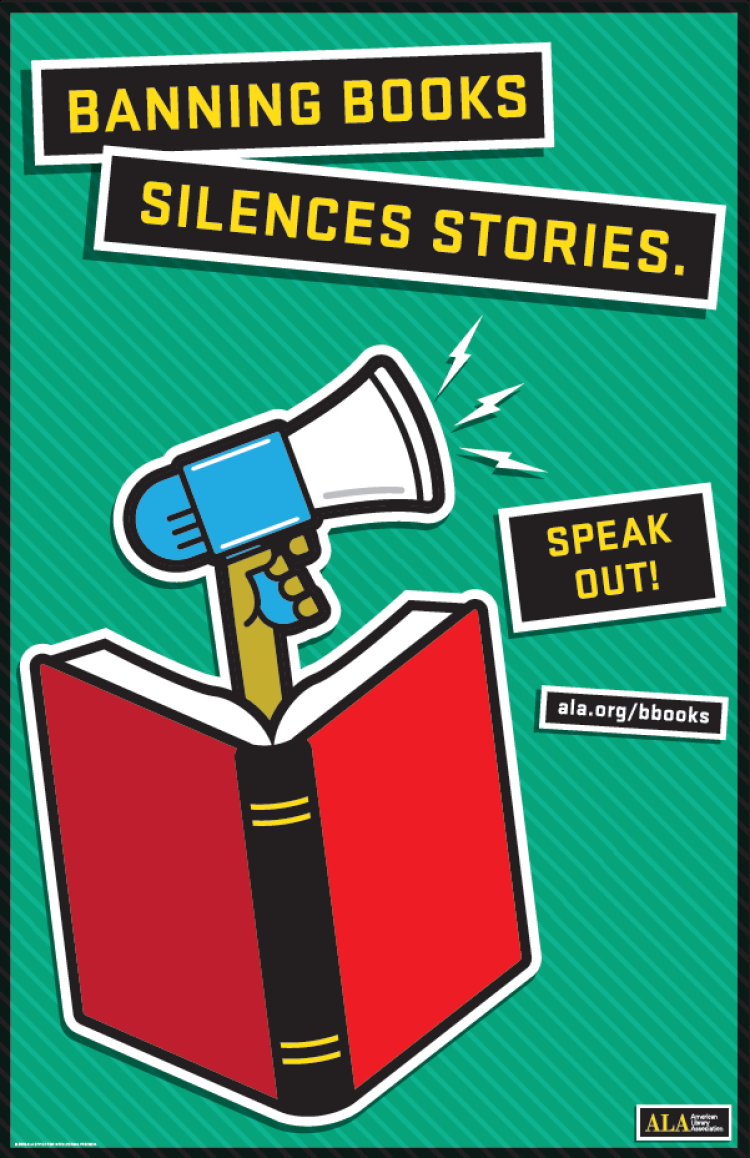Banned Books Week

In my high school, Banned Books Week was a big deal. It wasn’t just about the exciting chill snaking up one’s spine at the thought of reading something “illegal,” but it was about seeing one’s own personal story – one that wasn’t perhaps cheerful, kind, or righteous – illuminated in written word. These experiences were hard, but furthermore, they were published. They were open for the world to see. The continuation of Banned Books Week – despite the idea that “banned books” are uncommon nowadays – is vital to schools around the country because it enables students that might not otherwise connect with others over a difficult experience to see that same experience as truly shared with at least somebody out there in the world. Banned Books Week highlights the censorship of the past; it encourages a “never forget” mindset of the previous limits to voicing experiences, limits that still exist today.
Sources:
Charles, Ron. “Do we really still need Banned Books Week?” The Washington Post, https://www.washingtonpost.com/entertainment/books/do-we-really-still-need-banned-books-week/2018/09/26/80e924be-c0fd-11e8-90c9-23f963eea204_story.html?utm_term=.c1e18a610844. Accessed 28 September 2018.
https://www.washingtonpost.com/entertainment/books/do-we-really-still-need-banned-books-week/2018/09/26/80e924be-c0fd-11e8-90c9-23f963eea204_story.html?utm_term=.c1e18a610844

